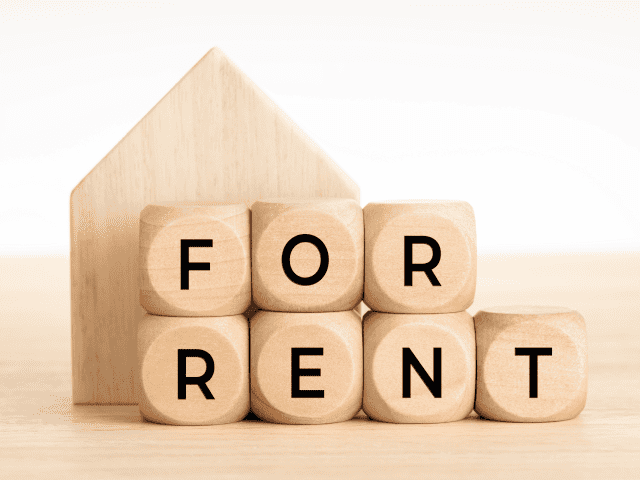

Accessory Units, In-Law Suites, and More
Within the District of Muskoka – and within the Province of Ontario – there is an initiative to include secondary units into our existing dwellings to increase the availability of rental housing.
Read below about the different types of secondary units, as well as learn about financial incentives to allow you to put one into your home or cottage!
Accessory Units: An Overview
Accessory units are the construction of an additional unit within existing homes, typically in the form of basement or attic suites.
Here’s what you need to know:
– Size Requirements: Accessory units must offer a minimum of 145 square feet of living space (which includes a kitchen). You must also have a bathroom in addition to this square footage.
– Compliance: You must pull building permits and comply with the fire code. You will have to get a building permit, and all inspections, prior to occupancy.
– Parking Considerations: Depending on local regulations, additional parking spaces may required to be created for each unit.
– Owner Residency: The owner is not required to live on site.
– Legal Framework: Long-term rentals of accessory units typically fall under the Tenancies Act. If you have issues with tenants, you may have to go to the Landlord and Tenant Board for resolution.
If you’re thinking about adding an accessory unit – you could get funding through the District of Muskoka
Funding of up to $25,000 is available for creating legal secondary units within the District. Eligibility for this funding is dependent upon tenants meeting specified lower-income criteria.
To find all the details on this program, click the link below:
What about In-Law Suites?
If you already have an in-law suite, might be able to use it as an accessory unit.
Frequently, In-law Suites are not constructed with full permits and fire code requirements in mind – so they wouldn’t be eligible.
If you didn’t create the in-law suite, or are not sure what permits have been pulled – reach out to one of our amazing Realtors® . They may be able to help you source that information.
Other Types of Units
Garden Suites
- Must be Temporary
- The person living in the suite must require assistance from the homeowner. This is a great fit for elderly parents.
Duplex
- Complies with the Ontario Building Code
- Often built as such when constructed
- Separate Zoning Required
Accessory Buildings
- Such as bunkies, boathouses, sheds etc.
- May be permitted depending on your municipality and zoning bylaws.
Exploring Room Rental: Legal Considerations and Cost-Effective Living Solutions
Renting out a room may be an option to help you reduce your home carrying costs and combat the higher price of living.
When you opt for room rental, and you share facilities like the kitchen and/or bathroom with your tenant. You may not fall under the jurisdiction of the Tenancies Act. However, it can be tricky to determine where the protections end, and how best to protect yourself.
We’d recommend talking to an experienced paralegal or lawyer before proceeding. Be sure to discuss the worst-case scenarios so you know how to proceed.
If you need help finding a paralegal – one of our Realtors® will be able to help recommend one in our area to help you navigate these technicalities.
By adding any of these units to your home or cottage, you may be increasing the value of your home. Before moving forward, please contact your local Johnston & Daniel Realtor® to make sure you’re making the best move for your future value.

